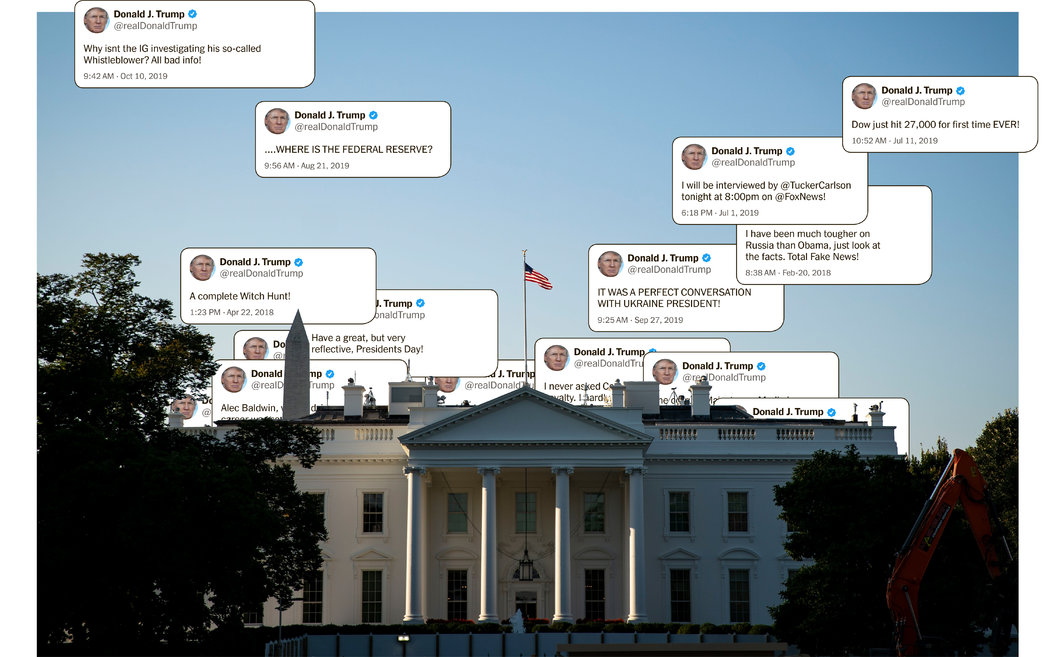
This week, Trump's rhetoric, like his political style, once again became a bombshell, sending shockwaves through global financial markets. Especially for those chip stock markets in Europe and the United States, which are closely related to the global technology industry chain, every public statement made by Trump seems to have touched a very sensitive nerve. In the depths of these markets, even small movements can set off a chain reaction.
Under the impact of Trump's remarks, the chip stock market in Europe and the United States has shown a significant decline. Asml, the leader in the lithography industry, suffered a significant adjustment in its European stock price, falling as much as 10%, which not only affected the stock prices of other companies in the industry, but also made the entire industry chain of companies deeply chilling. At the same time, the United States technology giants Nvidia and AMD have not been spared in this storm, their share prices fell 6% and 10%, respectively, which shows the market's high sensitivity to Trump's remarks and the uncertainty contained in it.
This collective collapse of chip stocks has undoubtedly had a strong drag effect on the Nasdaq. As a barometer of U.S. technology stocks, the Nasdaq index tends to reflect the ups and downs of the entire technology industry. This time, the Nasdaq index fell 2.7% under the impact of Trump's comments, marking its biggest one-day decline since December 2022. The drop not only highlights the enormous influence of Trump's comments on the market, but also reflects investors' concerns and uncertainties about the global economic outlook.
The impact of Trump's rhetoric on markets has become a force to be reckoned with. He seems to have mastered a certain ability to "manipulate" the US stock market, which is no accident but a continuation of the unique style of governance he has displayed during his presidency. Trump frequently uses social media platforms, particularly Twitter, to express his views on markets and individual companies. This kind of direct intervention in the market, which is rare in the history of the United States, has also caused widespread concern and discussion.
Trump's "twitterarchy" style has been particularly prominent during his presidency. He often makes comments in public, praising or criticizing certain industries or companies, which can quickly cause market volatility. For example, on February 19, 2020, when US stocks hit record highs and Trump's approval ratings rose in tandem, he issued a celebratory tweet. However, the outbreak of the virus soon after, the US stock market plunged, leaving an awkward situation. This kind of direct intervention in the market undoubtedly increases the uncertainty and risk of the market.
Unlike Trump's direct intervention, U.S. presidents and politicians have traditionally avoided commenting publicly on individual companies or markets. This could lead to market instability and even more serious economic consequences. Historically, for example, in 1962, then-President John F. Kennedy publicly attacked steel executives for their plans to raise prices, prompting threats of antitrust investigations in the steel industry and a sharp decline in the stock market. Since then, presidents such as Reagan and Clinton have avoided commenting directly on companies or markets in order to preserve market stability.
However, Trump's "twitterarchy" style breaks with this tradition. He began tweeting about the stock market almost from the moment he was elected president. Since taking office in 2017, he has sent hundreds of tweets or retweets about U.S. stocks, which often prompt market reactions. Every time the stock market falls, Trump tends to blame his political opponents, such as the Federal Reserve or the Democrats, further fueling market uncertainty.
In today's increasingly globalized world, the words of any national leader can have a profound impact on global markets. Therefore, people need to be more cautious and rational about market fluctuations and political factors. At the same time, policymakers should also pay attention to market dynamics, strengthen supervision, and maintain market stability and fairness.

On January 4th local time, Trump warned India that if it does not limit its purchase of Russian oil, the United States will continue to raise tariffs on Indian products. Trump's latest warning sent shockwaves through the Indian financial market in just one day.
On January 4th local time, Trump warned India that if it do…
In October 2025, the US trade deficit narrowed unexpectedly…
According to the British media CoinJournal, recently, due t…
In January 2026, US President Trump once again set his sigh…
Europe is facing a crucial strategic choice: In the face of…
On New Year's Day 2026, BMW China announced a "systematic v…